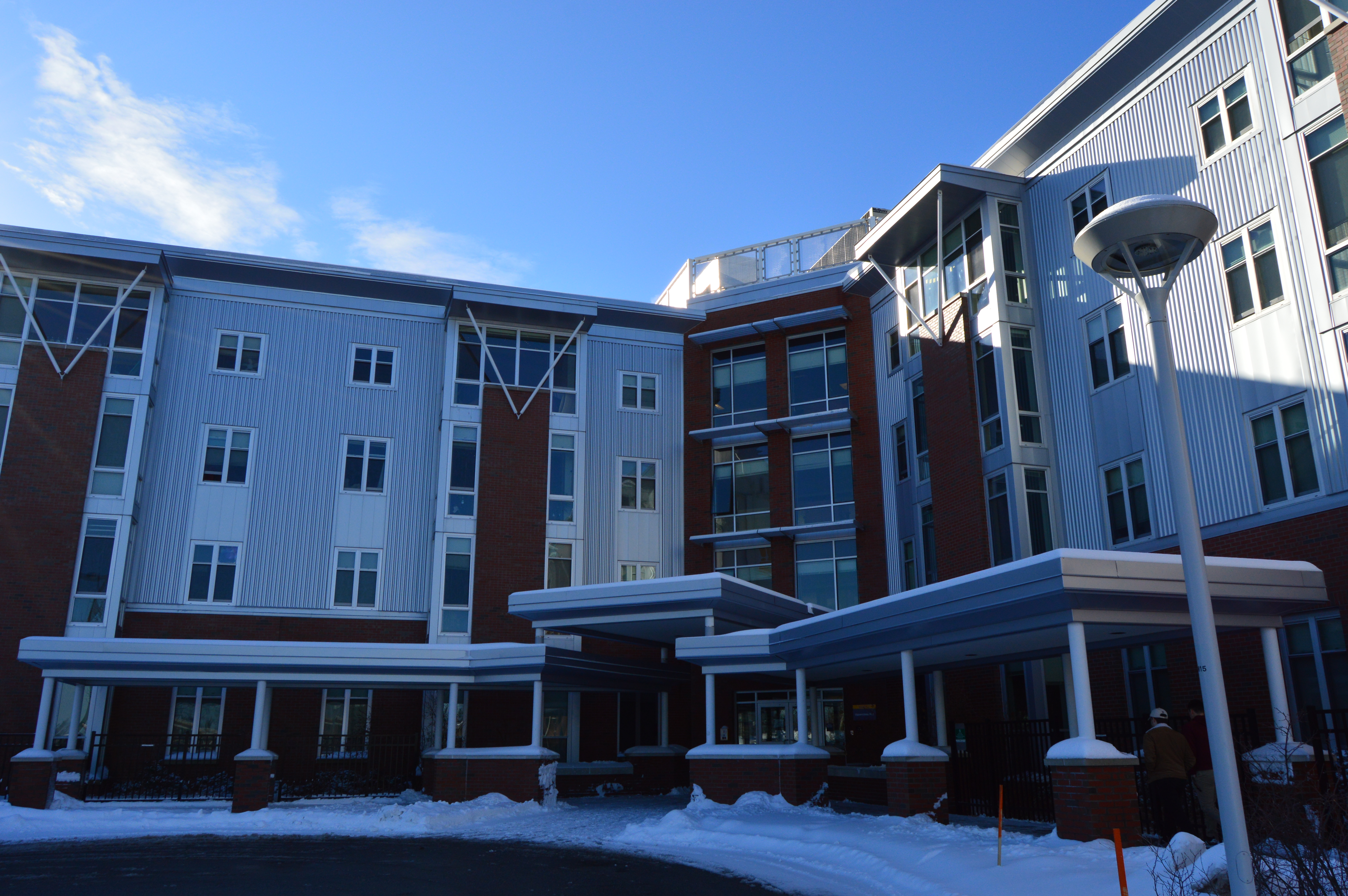By Cooper-John Trapp, Staff Writer
“Freshman year I was young, wild, and free. We would go outside and lay in the grass. Get people together. Have a party. But it feels so weird to do that now. Am I just odd? Is this normal?”
This snippet comes from a late-night conversation with some friends in Philippi Hall, a residential hall for upperclassmen. We were reflecting on a general sense of unease that peppered us inside. As we talked, we gave it voice. And it said, with convincing clarity, that something is different.
What changed? Why does that first quote resonate so much with me? Towards those ends, I set out to survey the USM residential experience. What’s it like to live on campus? How do USM students feel about the community in their dorms? Is there anyone else who deals with this?
I personally feel compelled to explore these questions as I feel unexpectedly isolated living in Philippi. I felt a difference in the atmosphere compared with Upton-Hastings Hall (UH), a freshman dorm. I still want the same things, but that openness just isn’t there, and I want to know why.
I posed these questions to freshmen, sophomores and juniors who have lived on campus their entire time at USM. All had positive reflections on living in the resident halls.
Each freshman interviewed reported that in the beginning of fall semester, making friends was easy. People are open to talking to strangers and hanging out, since they knew few, if any, students on campus.
At a certain point in the semester, that seems to change. By around November/December, friend groups are firmly established. “This (spring) semester most people have figured out who their friends are, so we mostly keep to ourselves and our groups of people” says Sawyer Zundel, a freshman cyber security major.
Josh Cahill, a freshman accounting major, says that while he likes living on campus, this semester, “people don’t leave their room or talk when you see them in the halls.” As far as the dorms go, “it’s harder to find friends second semester, because people already have their friend group. It’s easier to make friends with an individual, but now people have these five-ten person groups.”
Upperclassmen memories of freshmen year are similar. They recount the atmosphere as fun, open and chaotic. “Freshman year I think was about being free,” says Daniel Feliciano, a junior nursing major living in Philippi. By the time people get to Philippi, Feliciano says, “everyone finds out staying up till 3 a.m. sucks. A lot of their friends have dropped out and know that these actions get me there.”
Ian Naigle, a sophomore member of the men’s basketball team majoring in business management, notes the difference in atmosphere between the halls. His first year, in UH, “There were always people to talk to, and everyone was friendly and left their doors open to chat. Upperclass has a much different atmosphere. People are older and have a sense of the college … the doors aren’t open like they were in the freshman dorms,” he says. Naigle thinks that the feeling of connectedness is impacted by the setup of the dorms. Upperclass Hall is a mix of apartment and suite-style living, and the more, “spacious setup … fosters independence more than the freshmen dorms.”
From these conversations, I have a few insights of my own.
Freshman year is often people’s first chance to learn the rules of life on their own terms. They make every mistake in the book, and either learn from those mistakes or eventually drop out.
There is a necessary tradeoff in investing yourself socially vs. academically. The first weekend, that balance is skewed almost entirely towards social, because students are in a new environment. As the semester goes on, and people feel safer in their groups and routines, social needs lessen and academics take greater priority.
When people first arrive on campus, they are more or less individual units looking for a group. Everyone lowers their barriers. It feels so much more natural to approach a person by themselves than to approach an entire friend group. This could explain the difference between first semester and the rest of college. As friend groups develop more distinct boundaries, and/or reach a certain size, they become scarier for individuals to approach.
So, what do you think? Have you felt this? Do you have any suggestions for students asking these questions? Comment on this article on our website at usmfreepress.org/ to be part of the conversation.

